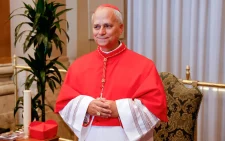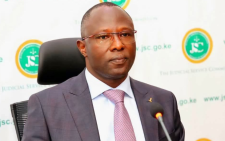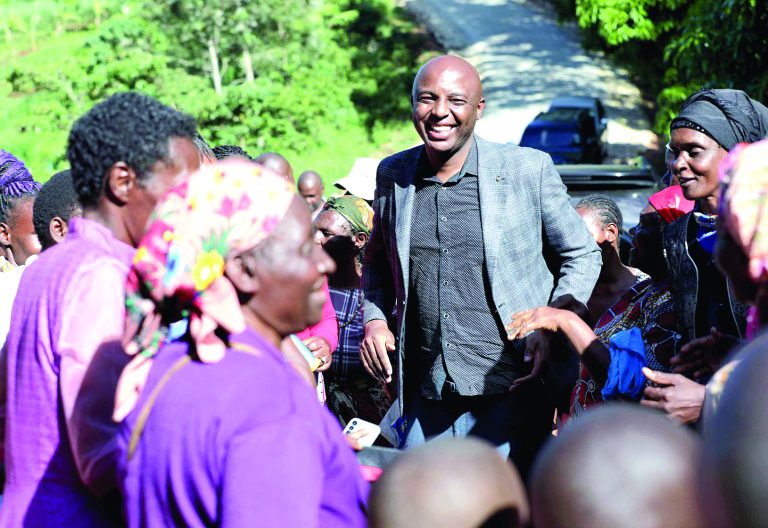Saba Saba legacy lives to inspire spirit of Gen-Zs

In the run up to this year’s ‘Nane Nane’ protests spearheaded by Gen Zs, I found myself reminiscing with a sense of pride on Kenya’s tortuous struggle for democratic governance. There is no doubt the journey has been turbulent, characterized by meandering trails in the endless quest for a prosperous and equitable society, founded on the essential values of human rights, equality, freedom, and the rule of law.
Kenyans staged countrywide protests to call for comprehensive review of the constitution in 1997.
In subsequent years, pro-reform groups, comprising governance and policy influencing civil society organizations have routinely observed ‘Nane Nane’ to voice societal grievances, calling out the government on myriad cases of democratic deficits and backsliding, and staging protests of the kind that Gen Zs have since adopted with high-tech creativity to denounce the State for punitive taxes without corresponding accountability for public resources.
This year’s ‘Nane Nane’ came within the backdrop of nationwide protests sparked off by the adoption of the Finance Bill, 2024 without any regard to public outcry about its over taxation measures that have become the hallmark of William Ruto’s presidency. During the campaigns leading to the 2022 elections, the then Deputy President branded and projected his campaigns around the hustler narrative, a pro-poor posturing that easily resonated with and endeared him to the electorate.
But as soon as he took over the reigns of power, Ruto increasingly adopted austerity measures that only served to isolate him and his cronies from the masses, setting the stage for the massive protests that almost brought the regime to its knees, as calls for his ejection from power became the slogan of the demonstrations that began in June, culminating in the storming of Parliament on June 25 when MPs passed the Finance Bill. For those of us who were behind the original ‘Nane Nane’, we draw pride in the fact that its legacy is not only alive but has become a source of inspiration to the Millennials and Gen Zs, who have ingeniously applied their philosophies to rekindle and reawaken the collective aspiration of the diverse segments of the population for democratic transformation of the society.
Nane Nane’ is a sequel to an equally significant day in Kenya’s drawn-out quest for change – ‘Saba Saba’, that falls on the seventh day of the seventh month of the year that has its origins in the July 7, 1990 protests called by multi-party opposition luminaries and the ‘Young Turks’ who defied the repressive one-party political environment to call for the reintroduction multi-party system.
The youth have embraced and chosen to run with the baton of ‘Saba Saba’ and ‘Nane Nane’, a demonstration of the totality of an intergenerational relay race, a heritage that those of us now considered to be part of the older generation and forebears seem to have successfully handed over to the more youthful cohorts.
Despite the country’s robust and progressive 2010 constitution, in which Kenyans were intentional in their coding of tenets of good governance, it only makes good reading and no practice.
Leaders elected in the three elections after the promulgation of the 2010 Constitution have treated these imperatives as mere suggestions that they cite in speeches written by handlers for international audiences.
It’s therefore little wonder that far from being a system where institutions function according to democratic processes and norms, both internally and in their interaction with other institutions, protests by Gen Zs and those held before them have left no doubt that the 2010 Constitution was not meant to be an end itself but a mean to a greater end, a framework that calls for more ‘Saba Saba’ and ‘Nane Nane’ protests if we are to fully transform Kenya’s governance as envisaged in the supreme law of the land.
— The writer is the Executive Director of the Kenya National Civil Society Centre; suba_churchill@yahoo.com












